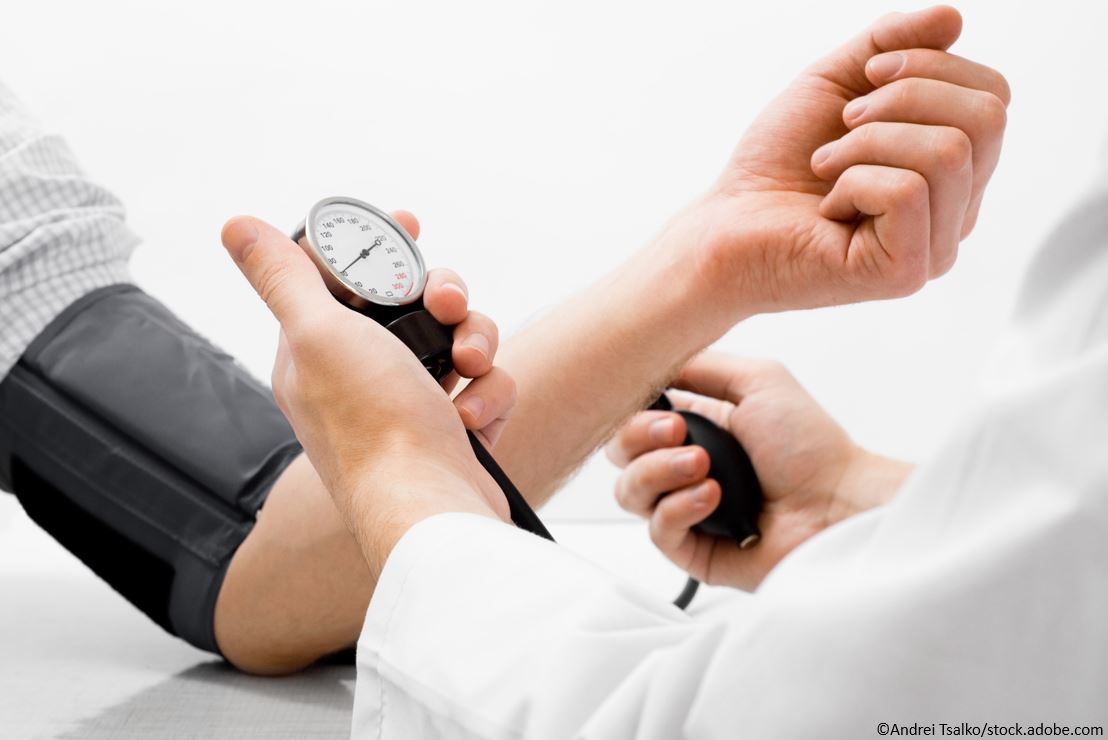
- Clinical Technology
- Adult Immunization
- Hepatology
- Pediatric Immunization
- Screening
- Psychiatry
- Allergy
- Women's Health
- Cardiology
- Pediatrics
- Dermatology
- Endocrinology
- Pain Management
- Gastroenterology
- Infectious Disease
- Obesity Medicine
- Rheumatology
- Nephrology
- Neurology
- Pulmonology
AHA: Metabolic Surgery, Medication Effective for Management of Obesity-related Hypertension
A new AHA scientific statement suggests metabolic surgery and weight-loss medications may reduce the long-term effects of obesity-related hypertension.

Metabolic surgery (MS) and antiobesity medications have shown promise for reducing the long-term effects of hypertension (HTN) in patients with obesity or overweight, according to a new American Heart Association (AHA) scientific statement published in Hypertension.
“Weight loss achieved through dietary changes and increased physical activity are the cornerstones of treatment for high blood pressure that’s related to being overweight. However, these lifestyle behaviors are often not sustained over the long term. Subsequently, reductions in blood pressure aren’t maintained over time,” said Michael E. Hall, MD, MS, chair of the statement writing group, associate division director for cardiovascular diseases, University of Mississippi Medical Center, in an AHA press release. "The new scientific statement suggests medical and surgical strategies may help with long-term weight and blood pressure improvement, in addition to a heart-healthy diet and physical activity.”
Hall and colleagues analyzed existing research on the impact of diet, exercise, antiobesity pharmacotherapy, and MS on the prevention and treatment of HTN.
Regarding diet, investigators concluded that the most well-established healthy dietary patterns are the Mediterranean diet and Dietary Approaches to Stop Hypertension (DASH) diet.
A few small studies involving patients with metabolic syndrome found that intermittent fasting produced modest reductions in systolic blood pressure and diastolic blood pressure. However, analyses of several studies showed intermittent fasting did not have a significant impact on reducing blood pressure and was no more effective than other diets in reducing weight.
Additional research on the effect of intermittent fasting on HTN is needed, according to the statement.
The statement recommends increased physical activity and reduced sedentary time to help patients lose weight and reduce blood pressure and suggests that exercise is critical to achieving both.
The statement suggests that antiobesity medications—including the newer class of medications, GLP-1 receptor agonists—can be considered for patients with obesity or overweight and HTN if lifestyle modifications have not been successful.
“Antiobesity medications are available for short- and long-term use; however, prescription rates for these drugs remain low, likely because of limited insurance coverage and low levels of clinician proficiency with treating obesity,” stated authors. “When antiobesity pharmacotherapy is prescribed for individuals at risk for or with hypertension, it is important to consider the mechanism of action when identifying a treatment option.”
Regarding MS, the statement concluded that it is effective in reducing adiposity in patients with severe obesity and has short- and long-term effects on reducing blood pressure in patients with obesity. Research cited by the authors highlights resolution of HTN in 63% of patients who underwent MS as well as reduced need for antihypertensive medication.
"Unanswered questions remain related to the mechanisms of obesity-related diseases, long-term efficacy of different treatment and prevention strategies, and timing of these interventions to prevent obesity and hypertension-mediated target organ damage,” concluded authors. "Further investigation, including randomized controlled trials, is essential to addressing these questions, and emphasis should be placed on the prevention of obesity to reduce the burden of hypertensive cardiovascular and kidney diseases and subsequent mortality.”
Reference: Hall ME, Cohen JB, Ard JD, et al. Weight-loss strategies for prevention and treatment of hypertension: A scientific statement from the American Heart Association. Hypertension. 2021;78:00-00.
2 Commerce Drive
Cranbury, NJ 08512
All rights reserved.